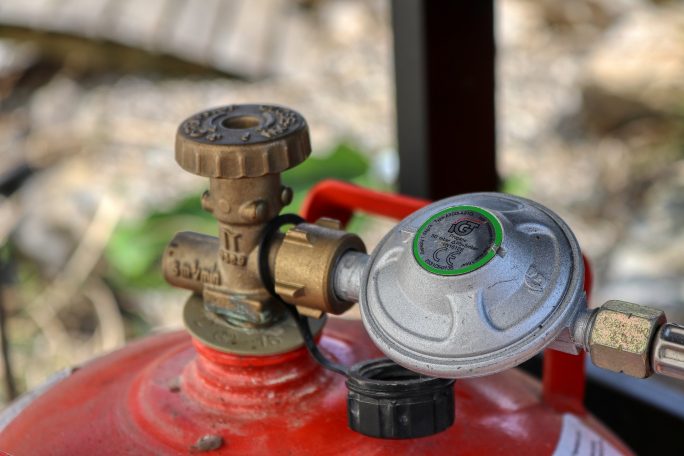How much propane does an RV furnace use
It’s a commonplace for RV’s to be heated by propane gas. The question is, how much do you need? The amount of propane gas you use will be proportional to the time you use it for. The Furniss size will also affect the burn rate, and so will the size of the propane tank. Each RV set up will have a unique propane burn rate and maximum duration before it runs out. This article will explore the propane burning system giving you the means to work out how long your propane system will last. When you run out, you will need to replace the propane or face going without the ability to heat your RV.
How much propane does an RV furnace use when it’s burning
Not all furnaces are built equal. Each furnace will have its own specific burn rate. The standard burn rate unit is British Thermal Units (BTU), which simplifies how much energy a heating system can produce. The higher the BTU, the more heat a furnace will generate at the cost of burning through more propane in the fuel-intensive process. Knowing this, how many BTU’S does it take to heat an RV? A standardised way to work this out is to use the length of the vehicle. Generically speaking, to heat 1 meter of an RV takes around 3000 BTU’s. Therefore if the RV is 10 meters long, it would need 30000 BTU’s to heat it.
Calculating who much propane a furnace will burn through
There are some straight forward maths behind a furnace burn rate. A gallon of propane has a burn rate of 100,000 BTU per hour. A standard furnace will have around a 25000 BTU burn rate. Based on this estimate, a gallon of propane would take 4 hours to burn through (100000/25000=4). Of course, this is just a board estimate, but it gives an idea of how long a propane tank would last. For example, a 2-gallon tank with a 25000 BTU furnace would only last 8 hours. On a longer trip, it’s easy to see how quick it could be burned through.
Ways to burn less propane
If you wish to burn less propane, it is beneficial not only to the environment but your bank balance. A furnace will burn whatever its BTU capacity is per hour, regardless of the heat giving limit. There is nothing you can do the change this. However, you can control the insulation of the RV. The better insulated the RV, the less heat it will lose. This means it will stay warmer for longer, which consequently lead to using less propane.
How to insulate your RV
Use window covers to keep the cold out. Windows are where a lot of heat is lost, so covering these is a great place to start. Another great way to insulate an RV is to make it as airtight as possible. The fewer places there is for the heat to escape, the better. An obvious place to start is to close all windows. Secondly, check all the window seals are tight if not replace them. Finally, consider the addition of cavity wall insulation just like you get in a house. This can make a huge difference.
Use an electric fan
A simple and relatively inexpensive addition to heat an RV. This can warm the air gradually and is much cheaper than burning propane. Of course, the bigger the RV, the smaller the impact this will have.
Service the furnace regularly.
A 20000 BTU furnace should burn 20000 BTU an hour if in correct working order. Over time furnaces lose efficiency and wear-reducing their BTU capacity. Regular servicing can keep the burning potential as close to its maximum potential as possible. Therefore it will produce its maximum heat output. After a long period of inactivity, servicing is recommended, for example, when an RV comes out of storage. It’s more economical to service regularly than run the risk of total failure without regular servicing.
How much propane does an RV furnace use conclusion
Ultimately you must know your propane needs for your trip then work back from this point. For example, if you plan to go off the grid for a month, your gas needs will be greater than just going away for a weekend. The time of year has a higher impact on your propane needs. In a hot summer in Spain, you may only need to use propane for cooking. Winter in the outer Hebrides will require a huge amount of propane to heat an RV. You mustn’t run out, especially if you are off-grid. Consequently, it’s wise to have a spare bottle or a refillable propane system to make sure you can resolve the problem with ease if you do.

